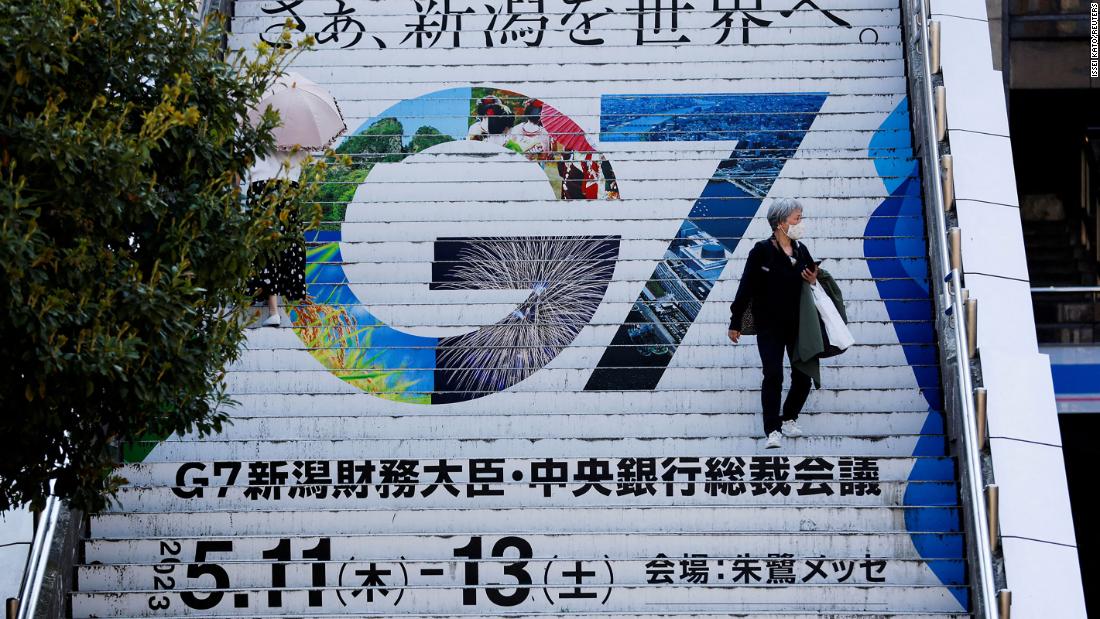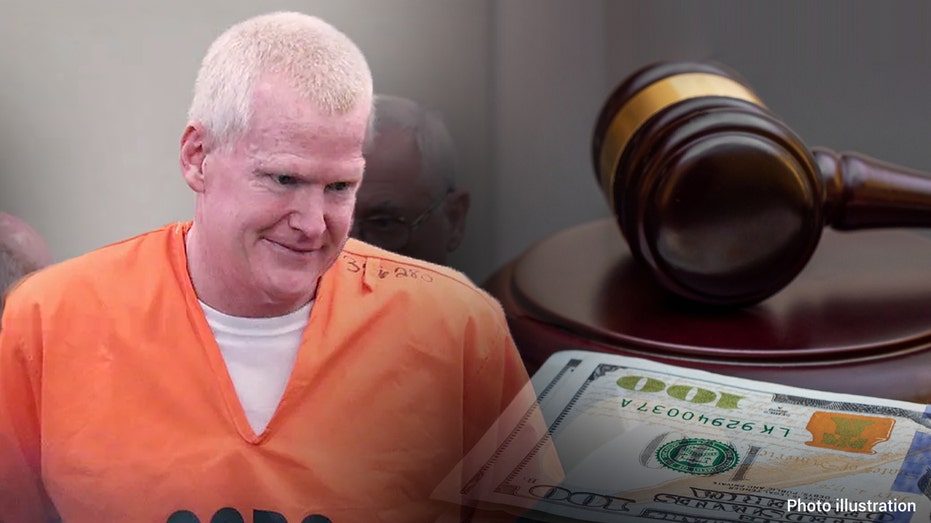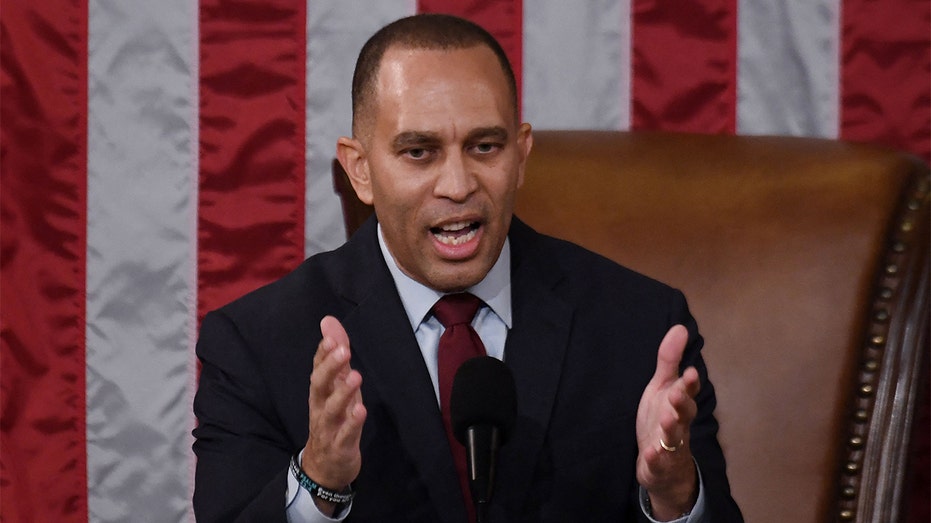- by foxnews
- 15 Jan 2025
As China, Russia, and Trump challenge the old rules of global politics, G7 aims to shore them up

Editor's Note: This story was adapted from CNN's Meanwhile in America, the email about US politics for global readers. Click here to read past editions and subscribe.
The old rules of politics are being smashed all over the world.
In the United States, Donald Trump is mounting a political comeback, with an even greater disregard for democracy, accountability and propriety than he showed in his first term. The former president taps into supporters' disdain for "elites" in business, politics and the media, whom they believe maintain a system expressly designed to suppress them.
Russian President Vladimir Putin rejected international law and the concept of national sovereignty by marching into Ukraine. And China is successfully challenging the global system written by the West that has prevailed since the end of World War II, testing its capacity to defend international property rights and ruthless business practices while offering developing nations in the "Global South" an alternative political and economic model of authoritarian capitalism.
Lesser revolts have happened everywhere over the last decade. Britain's exit from the European Union was partly powered by voters who thought they were "taking back control" from distant institutions in Brussels. Strong showings by far-right leader Marine Le Pen in the last presidential elections may be a harbinger of a future reckoning for France's political consensus.
Biden was born in 1942, at a time when the US and its allies were beginning to think about the shape of a post-World War II order that has largely prevailed ever since. Now, his presidency may represent his generation's last chance to put a stamp on that fraying system and the world they leave behind.
This week's G7 summit of industrialized nations in Japan will focus on the war in Ukraine, the threat from China, climate change and international trade. But the underlying theme of the talks will be an effort to shore up international rules and practices. Japan is trying to emphasize one endangered international consensus - the need to stop the further spread of nuclear weapons - by hosting the talks in Hiroshima, the city turned to dust by an American atomic weapon in 1945.
The G7 comprises the world's most advanced industrialized democracies: the US, France, Germany, the United Kingdom, Canada, Japan and Italy. Tokyo has also invited Australia, South Korea, India, Indonesia and Vietnam, all rising economic powerhouses and key Asian regional players. The idea is clearly to expand and enforce the G7's rules-based international system, and to combat China's efforts to use its own massive weight to change the way the world does business and politics. There's even been talk recently that South Korea and maybe India might one day get full membership.
A new Great Game is underway that could write the world's rules for decades to come. And the struggles of many Western nations to contain populist, anti-democratic movements at home will only complicate their efforts to hold onto power abroad.
Big summits like the G7 might come across as dull, but they could be just as crucial as the wartime get-togethers of US, British and Soviet leaders that wrote the international rules that would run the world for the next 80 years.
- by foxnews
- descember 09, 2016
Flight passenger shows luggage resembling prop from airport thriller 'Carry-On,' sparking reactions
A social media user posted a photo of a suitcase tied with a ribbon that appeared to remind people of the new action movie "Carry-On," sparking references in the comment section.
read more


